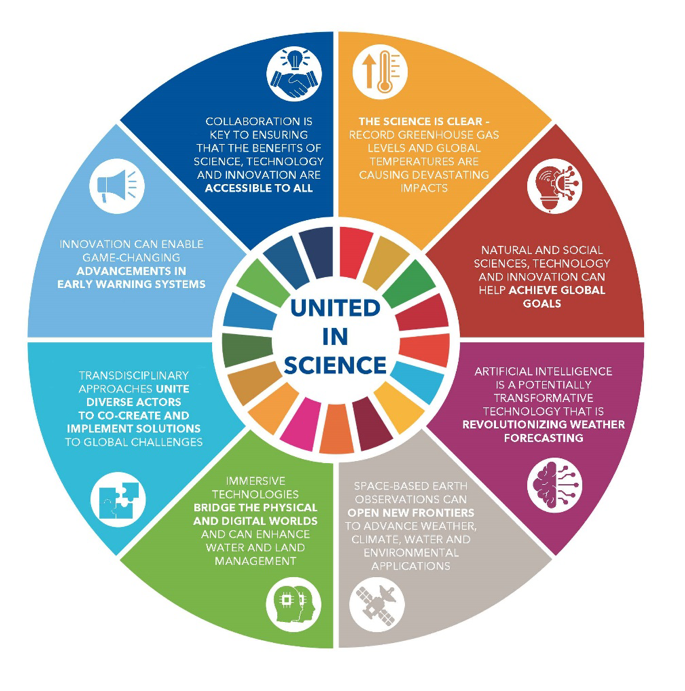Trending
- Kenya’s private equity deals to flourish in 2024
- Types of Properties in Downtown Dubai Suitable for Vietnamese Investors
- World Bank rolls out plan to slash EAC internet costs, fuel regional trade
- Kenya’s fertilizer distribution reforms cut consumption by 172,000 tonnes
- JPMorgan CEO to scout for loan and corporate deals in Africa tour—analysts
- The science is clear. The world is far off track from achieving vital climate goals
- Energy transition: Why Africa’s race to net-zero is moving too slowly
- Nigeria inflation cools in August, but analysts warn dip could be short-lived
